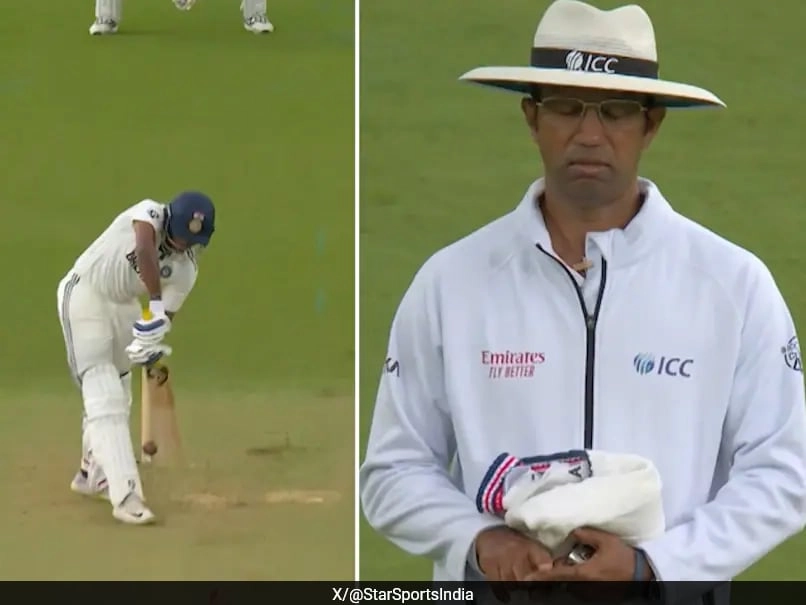Umpire Kumar Dharmasena has come under fire for a controversial decision during a recent cricket match that has sparked a significant backlash. The incident in question revolves around the Decision Review System (DRS) and its application during a pivotal moment in the game. Critics argue that Dharmasena’s actions effectively helped the England team avoid a potential dismissal, raising questions about the integrity of the officiating. This has reignited discussions about the role of umpires in modern cricket, particularly concerning their influence on the match’s outcome through technology.
The Decision Review System was designed to aid umpires in making more accurate calls, but it relies heavily on its implementation and the judgment of the officials overseeing the game. In this instance, Dharmasena’s intervention seemed to favor the England side, leading to accusations of bias and inconsistency in enforcement. Fans and analysts took to social media, voicing their discontent and calling for greater accountability among umpires, especially in high-stakes matches where every decision can alter the course of play. The backlash reflects a growing frustration among cricket enthusiasts who feel that the spirit of the game is compromised by such incidents.
Furthermore, this situation highlights the ongoing debate about the DRS system itself, which has been both praised and criticized since its inception. Proponents argue that it enhances the accuracy of decisions and adds an additional layer of fairness to the game, while detractors believe it can disrupt the flow of play and lead to contentious disputes. The recent incident involving Dharmasena has only intensified these discussions, as many are left questioning whether the system is being used effectively or if it is leading to more confusion on the field. In a sport that prides itself on tradition and sportsmanship, the implications of such decisions resonate deeply with players and fans alike.
As the cricket community grapples with the fallout from this incident, it is clear that the role of umpires and the systems in place to support them will continue to be scrutinized. Calls for reform may arise as stakeholders seek to ensure that the integrity of the game is preserved. Whether Dharmasena’s actions were an isolated incident or indicative of a larger trend in officiating remains to be seen, but one thing is certain: the conversation surrounding DRS and umpiring standards is far from over. The game of cricket, with its rich history and complex dynamics, demands a commitment to fairness and accuracy, and it is up to the governing bodies to address these concerns moving forward.




